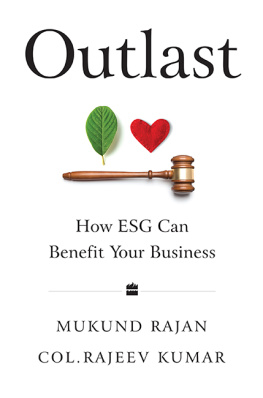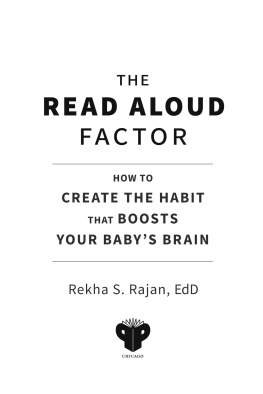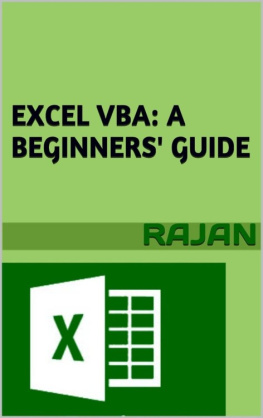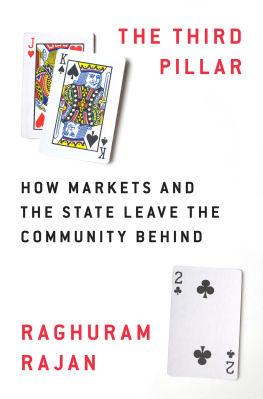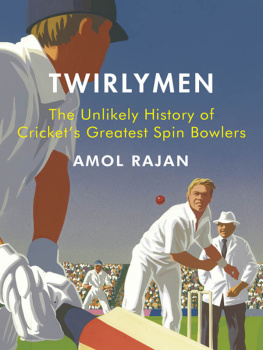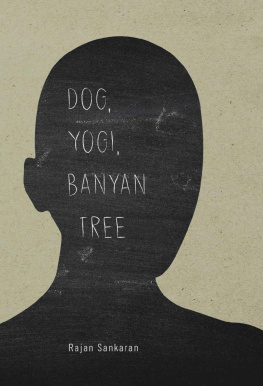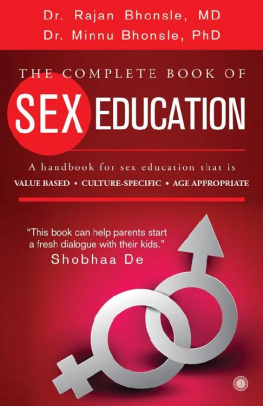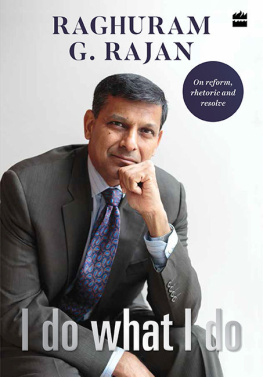A one-of-its-kind bookeminently readable, inspiring and thought-provoking quotes for every day of the year. Rajan has a refreshingly original take on leadership and people managementDeepak Parekh, chairman, HDFC Limited Happiness at the workplace is a fascinating subject, both for business leaders and for the many who spend a lifetime seeking fulfilment and joy at work. Dr Rajans book is a lifetime of wisdom, captured in a pithy and simple manner. A profound subject dealt with in an easy-to-read styleNitin Paranjpe, president, Home Care, Unilever N.S. Rajan is a linguist, a thinker, an accomplished human-behaviour specialist and, above all, a person with amazing diversity of experience and an insatiable thirst for knowledge.
Rajans book of quotes is a true reflection of all these rich attributesRajiv Memani, chairman, Ernst & Young India The simplicity of Rajans book compels the reader to look inwards and ask some very basic questions, which we often lose sight of in our daily grind. The essence applies not just to work but to all aspects of living. This book is an excellent anchor for one and all to remain inspired and humble at all timesBanmali Agrawala, president and CEO, GE South Asia Rajans book is a beautiful compilation of simple lessons in life, relationships and leadership. This is not a one-time read but a book which will be referred to again and again, and will leave the reader with a smile and some things to ponder about every timeSandeep Bakhshi, MD and CEO, ICICI Prudential Life Insurance For My parents, who always believed in me: Shri. Niddodi Subrao and Smt. K.V. K.V.
Gopala Rao My loved ones, who helped me find myself: Vidya, my wife, and Deepa, our daughter All those who have taught me over the years: My teachers, my colleagues and my friendsreal and virtual To see a World in a Grain of Sand And a Heaven in a Wild Flower Hold Infinity in the palm of your hand And Eternity in an hour William Blake, Auguries of Innocence (1803)
Foreword
Cultures across the world are replete with examples of brevity and concise expression. In the world of poetry, whether it is the Japanese haikua poem of just seventeen syllablesor the Persian
rubiyt, minimalism has been the norm. However, minimalism need not take away the richness of ideas and imagery. It probably only enhances the extent of reflection required from the reader. The superfluous, indeed, has no place in true poetry. Interestingly, I have often been accused of keeping my speeches rather short.
In my mind, the power to make an impact lies in the context and content rather than length, which may be a poor substitute. A case in point that underscores the power of brevity is the remarkable Gettysburg Address delivered by President Abraham Lincoln on 19 November 1863. This two-minute-long speech of ten sentences, with just 271 words, is considered one of the most impactful speeches made in American history. The field of science, too, is rich with examples of complex ideas represented with great simplicity. The powerful theory of relativity was expressed simply by Albert Einstein in the memorable equation E=mc2. I recall the words attributed to Einsteinthat everything must be made as simple as possible, but not one bit simpler.
The periodic table, for instance, envisioned by Dmitri Mendeleev, is another classic example of structural elegance. In a concise array, the periodic table comprises ninety-two natural elements and signifies their properties. Communication across the ages has been impacted by technology. A lot has changed from the analog days of the telegraph to the 140-character medium offered by social media platforms like Twitter. However, in todays digital age, the significance of brevity in communication has only been amplified. This is probably because now more than ever, our fast-paced lives require data, knowledge and insights to be provided in bite-sized capsules for quick assimilation and application.
It is no wonder, therefore, that words like tweet have become a part of our lexicon. In the larger context of how our world is evolving, both in terms of communication and decreasing attention spans, this book of quotes by Dr N.S. Rajan (or N.S. as I refer to him) is par for the course. The famous philosopher, Sir Francis Bacon once remarked, Some books are to be tasted, others to be swallowed, and some few to be chewed and digested. This book needs to be chewed and digestedit needs to be read wholly, and with diligence and attention.
I would urge you to not rush through the book but spend time slowly reading through it, mulling over the words, reflecting on the quotes, deriving perspectives from them. N.S. shares intuitive observations on a number of topics in his inimitable style. I am sure the views expressed in his book on happiness at work and life will seed ideas in your mind. As you read through, page by page, you will definitely find much that will resonate with you. Cyrus P. Cyrus P.
Mistry Chairman, Tata Sons Ltd
Preface
I have always enjoyed reading a good book but never imagined I would end up writing one. I must confess that this is a result of an amazing confluence of influences. My family and friends, teachers and colleagues, events and incidents, ups and downs, theory and practice, experience and experiments have all inexplicably combined to shape my beliefs, and even my way of life. My feeling, thinking, doing and being are a happy amalgam that has defined the way I understand the world around me. What began rather modestly as a simple jotting down of observations and daily thoughts has, over time, found resonance, transforming almost mysteriously into a book that I now share with you. In December 2005, I was in Patna to attend a friends wedding, for which I had landed a day ahead.
With everyone being busy with the arrangements, I was packed off to a room and left to attend to myself. In that blissful isolation from the chaos outside, I chose to look back to when I had started my career, and started to ponder over what life has taught me at work, year by year. The only restriction I imposed on myself was that I should pen my reflections in not more than a line or two, almost like chapter headings for a non-existent book. One of my first jottings was, Work you enjoy is one of the chief sources of happiness. By the end of the evening, I had written down 120 of these, while having a wonderful time reminiscing about nearly two decades. Penning thoughts down, since then, has become a regular preoccupation.
I have managed to discipline myself into expressing these thoughts in just a couple of lines. Over time, as I penned these down, I filled many notebooks. When I learnt about Twitter, I searched for all those notes to myself and used them as my first posts on the social medium. The Twitter format of a maximum of 140 characters was ideal. I had never imagined that such observations, as I experienced the world around me, would number nearly 12,000. every day for the past five years. every day for the past five years.




